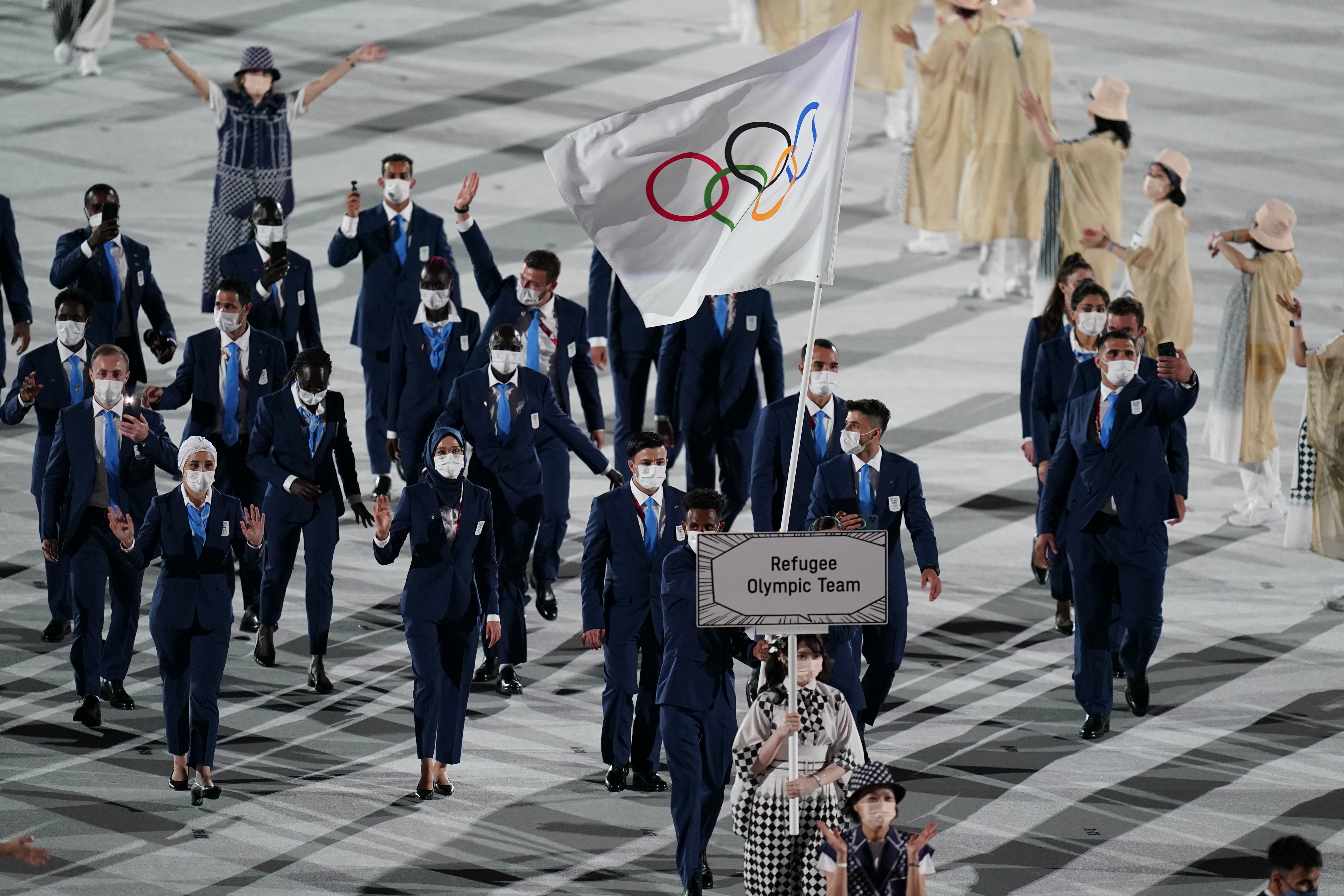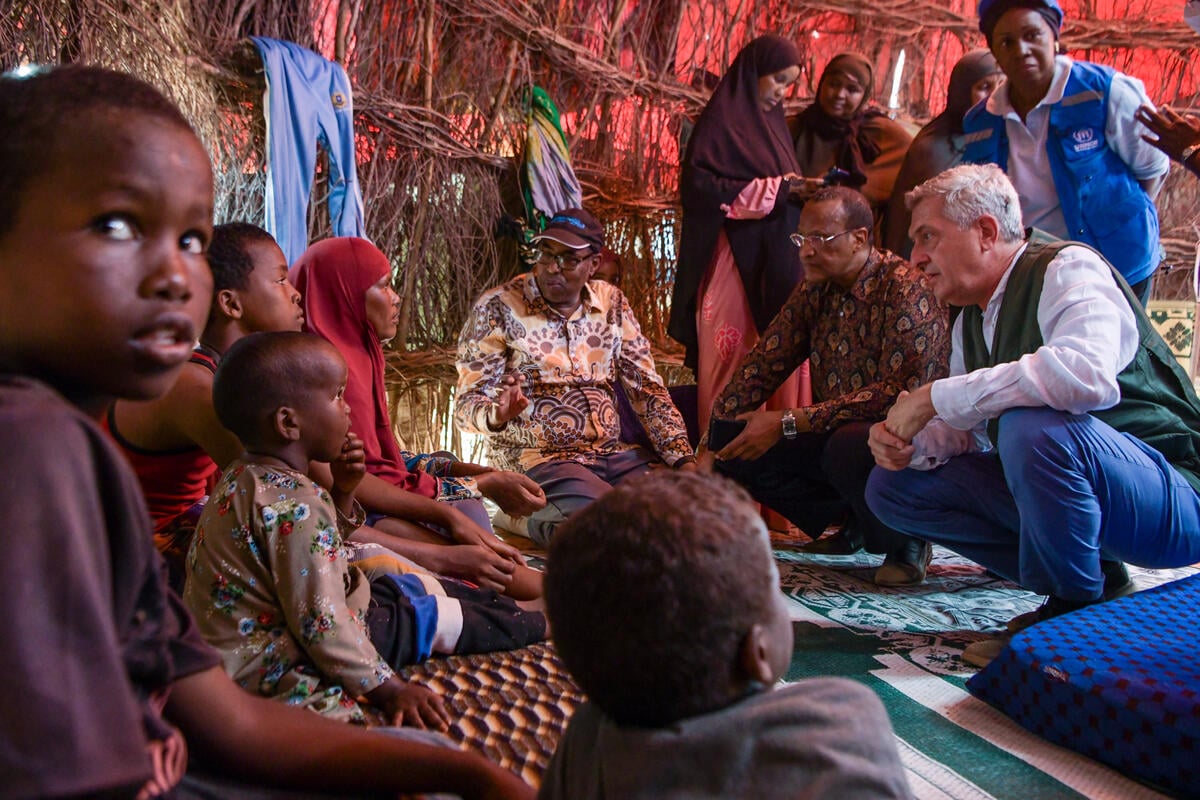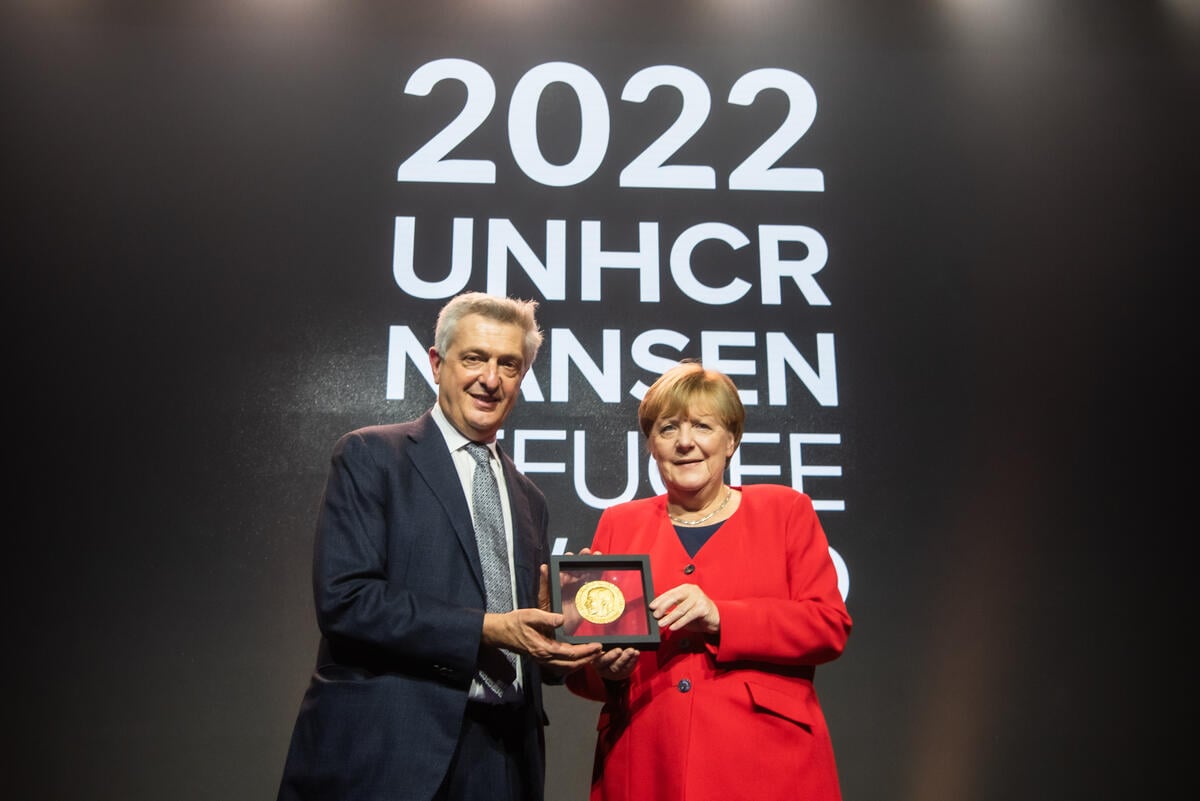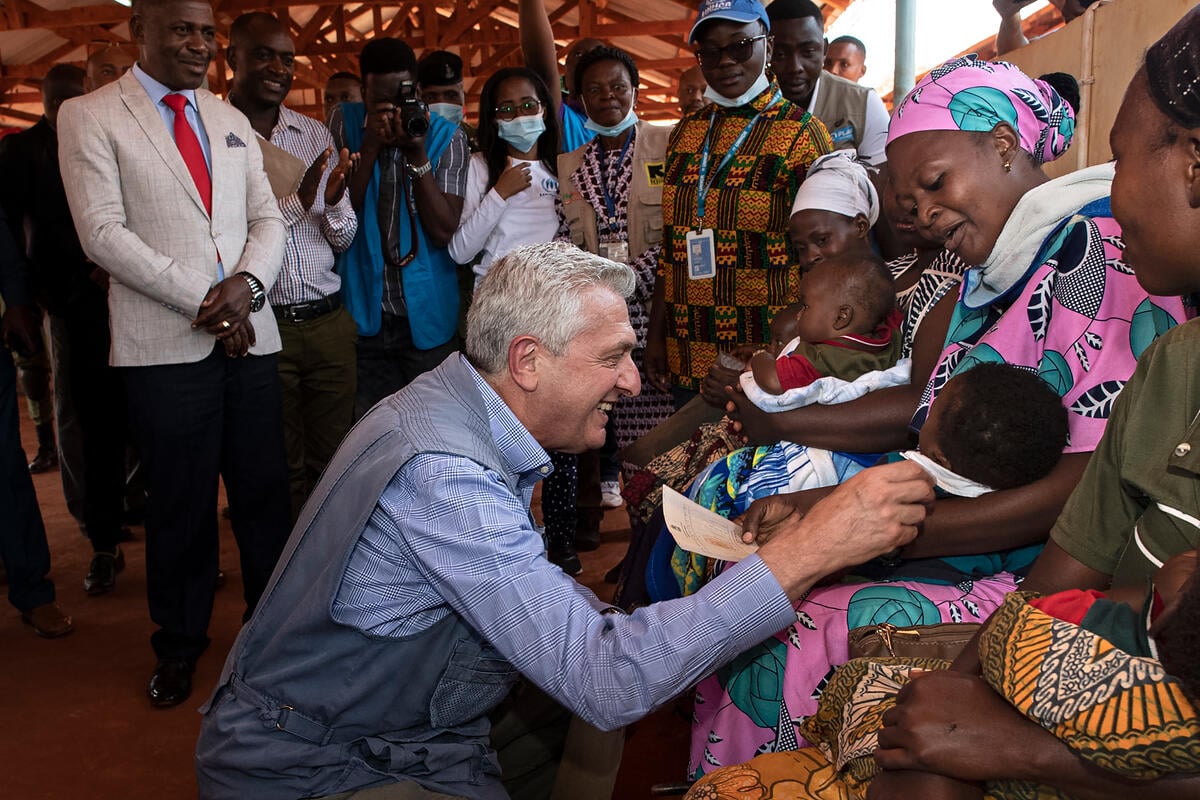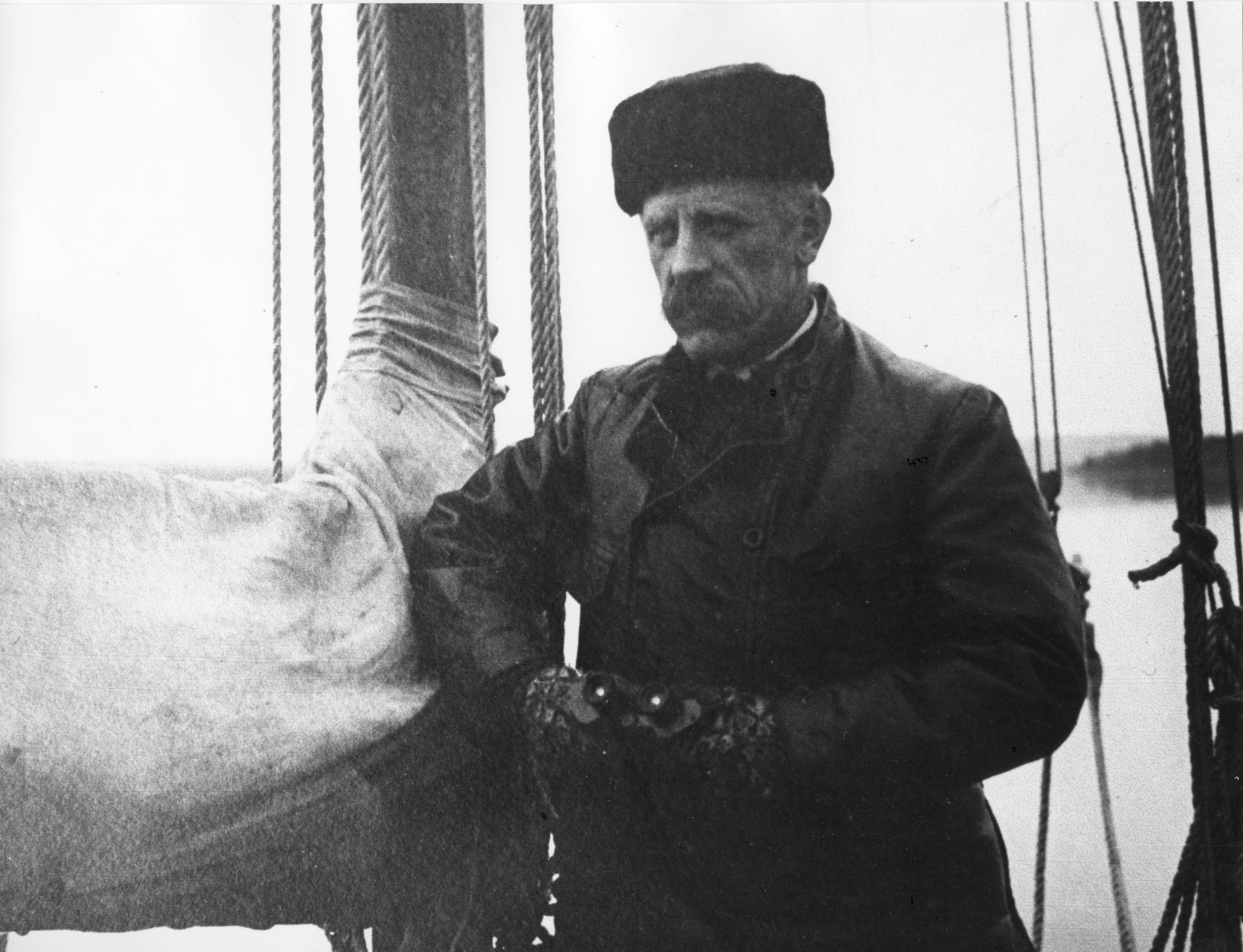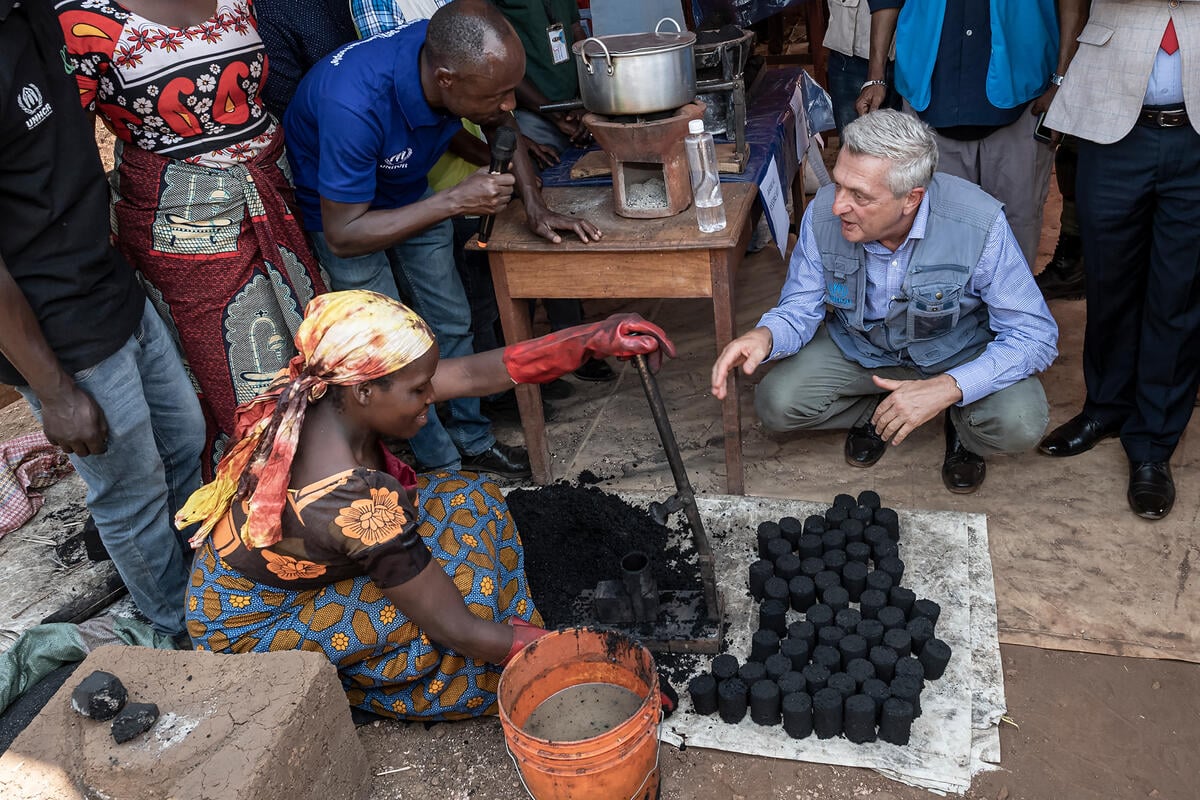UN Refugee Chief calls for more engagement in areas of Brazil hosting Venezuelans
UN Refugee Chief calls for more engagement in areas of Brazil hosting Venezuelans

BRASILIA, Brazil - UN High Commissioner for Refugees Filippo Grandi concluded a four-day visit to Brazil with an urgent appeal for increased international engagement, including by financial institutions and development actors, in the communities hosting Venezuelan refugees and migrants.
“The solidarity of the people of Brazil with the Venezuelan refugees and migrants has been exemplary. But the impact on the host communities in states such as Roraima and Amazonas, has been overwhelming,” said Grandi, speaking from the Brazilian capital on Sunday.
“I was told that in some border communities, 40 per cent of patients and 80 per cent of women giving birth in hospitals are from Venezuela. There has been a similar impact on education, employment, housing and social services. It is vital that efforts by the authorities at the federal, state and municipal levels, as well as by civil society, Church groups and ordinary Brazilians, are adequately supported by the international community. Local people have been at the forefront of the response to the needs of Venezuelan refugees and migrants. They must not be left alone.”
There are over 180,000 Venezuelan refugees and migrants in Brazil. An average of 500 arrive daily - most in urgent need of humanitarian assistance - in the northern state of Roraima, which is geographically isolated from the rest of the country and has the lowest per capita income and few economic opportunities.
To respond to the humanitarian needs created by the influx from Venezuela, the Federal Government launched an initiative (Operacao Acolhida) coordinated by the Brazilian Armed Forces, to provide registration and documentation upon arrival, as well as emergency humanitarian assistance, including food and temporary shelter.
In April 2018, a voluntary relocation programme known as “Interiorizacao” was started by the Armed Forces in coordination with federal and local authorities, UNHCR - the UN Refugee Agency - and other UN organizations, civil society and the private sector. So far, over 15,000 Venezuelans have been relocated from Roraima state to more than 50 cities where there are more integration opportunities, thus relieving pressure on border communities.
“I am hugely impressed by both operations as examples of an efficient, coordinated, humane and innovative response to address humanitarian needs and promote solutions for Venezuelans,” said Grandi. “However, many challenges remain due to the growing number of arrivals. In my visits, important issues were raised regarding the situation of the indigenous Venezuelan population, the dire conditions of many Venezuelans living outside official shelters and the impact on local infrastructure and services. Urgent action is required by the federal and local governments, with the support of civil society and the UN system, to address health, education, livelihoods and other critical needs.”
During a meeting with the Ministers of the Presidency (Casa Civil), Foreign Affairs, Justice, Citizenship and a representative of the Ministry of Defense, the Brazilian Government reiterated its intention to strengthen the current operational response to receive Venezuelans. In his visit, the High Commissioner also met with local authorities, the UN System and civil society representatives who have played a key role in this collective response. He met many Venezuelan families in Brasilia, Boa Vista and Manaus who shared moving accounts of their journey and expressed their hope for their future in Brazil.
Grandi acknowledged Brazil’s leadership in refugee issues and its active participation in the regional response to the massive outflow of Venezuelans. Within the framework of the Quito process, a multilateral help initiative, countries of the region have developed coordinated actions to regularize the stay of Venezuelans and work on their effective integration. This effort has the support of an inter-agency coordination platform led by UNHCR and IOM, which brings together more than 40 organizations dedicated to responding to the protection, assistance and integration needs of Venezuelan refugees and migrants.
Before arriving in Brazil, Grandi visited Chile, where he thanked the people and Government for the efforts made to receive and provide support to over 400,000 refugees and migrants from Venezuela.
The vast majority of the more than 4 million Venezuelan refugees and migrants in the world have been received by Latin American countries. If the current trend continues, more than five million refugees and migrants could be outside Venezuela by the end of 2019. A recent study by UNHCR shows that more than half of Venezuelan refugees and migrants in Latin America have faced or continue to face situations of risk or vulnerability because of their age, gender, health or other needs, or because they had to make drastic choices to cope, including begging, sending their children to work or even resorting to survival sex.
Grandi’s appeal is in line with the Global Compact on Refugees which calls for greater support to refugees and the communities that host them, often among the poorest in the world, and also aims to help refugees become more self-reliant so that they can contribute more to their own future and to that of the host community.
For more information contact:
- In Brazil, Luiz Fernando Godinho, [email protected], +55 61 818 709 78
- In Panama City, William Spindler, [email protected], +507 63 827 815
- In Panama City, Olga Sarrado, [email protected], +507 66 400 185
For additional information and background please consult the Regional Inter-Agency Coordination Platform website.



